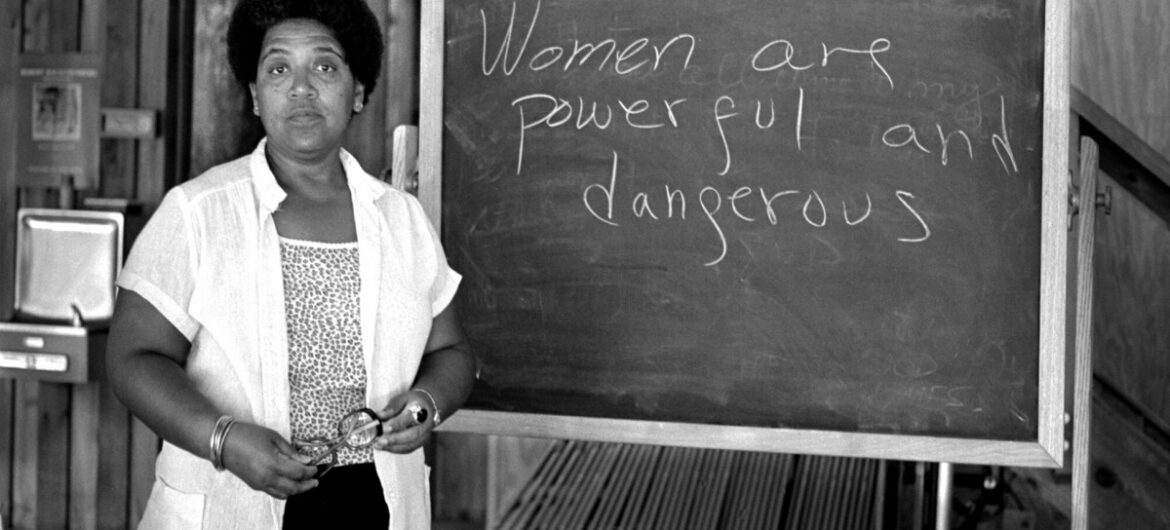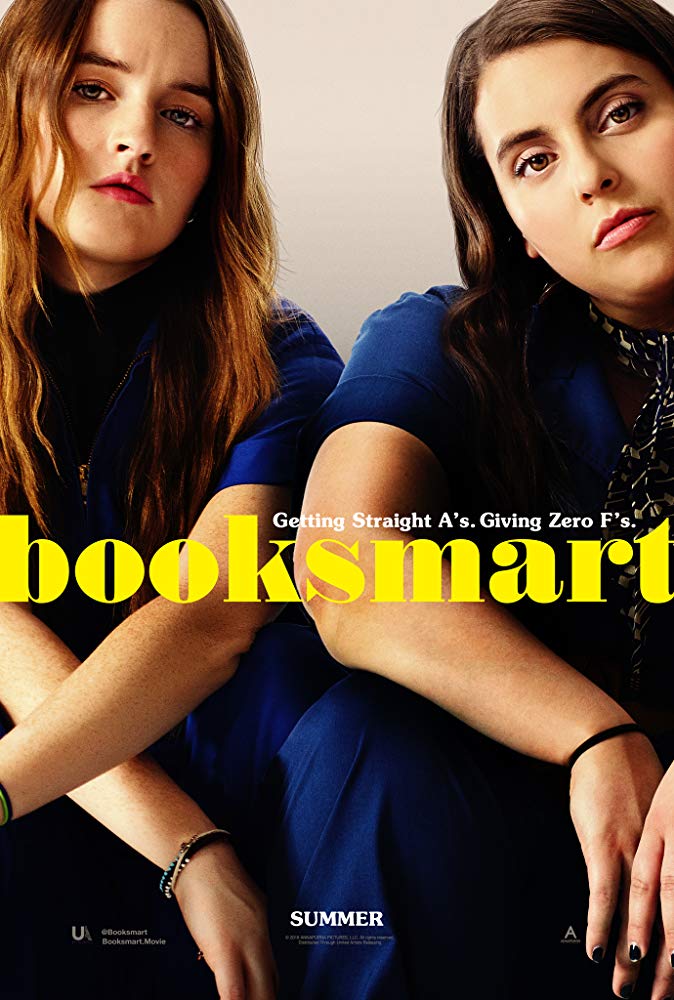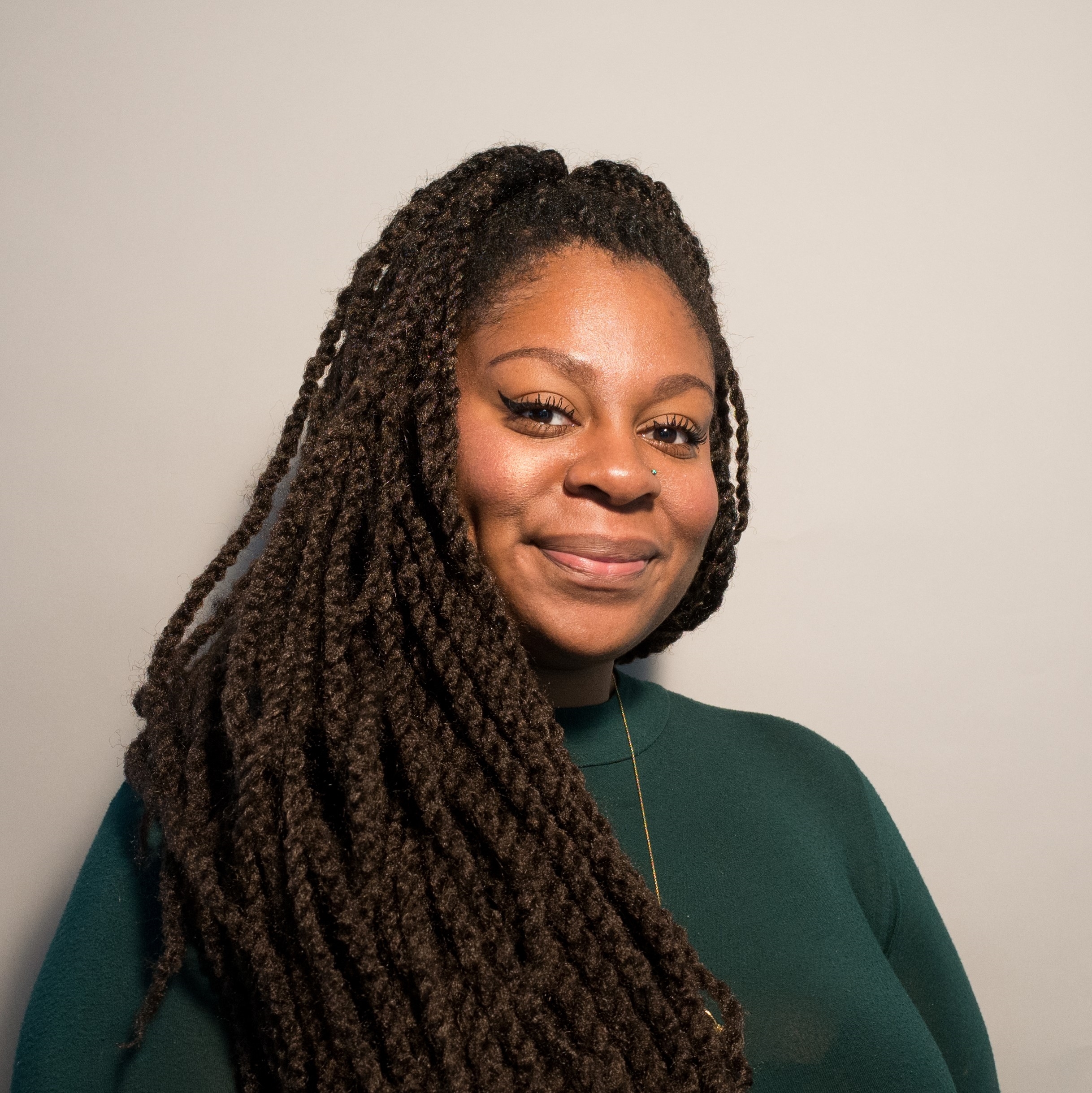Words by Alice Stevens
LGBTQ+ History Month is an important time to celebrate, educate and reflect on the issues the community has and still faces. The main aim of the month is to recognise our community’s resilience, important milestones and rich history to promote the well-needed movement toward an inclusive and equal world, especially for those who are still heavily excluded and marginalised. The theme for this year’s LGBTQ+ History Month is ‘Politics in Art’, referencing the rallying slogan of feminist activists from the 60s: ‘the personal is political’. This political argument encompasses how art is an important form of personal expression and activism that helps portray the experiences and barriers that gay, lesbian, bisexual, transgender and queer people face to this day, and ways to promote positive inclusive social change.
To celebrate this past month, I would like to shine a spotlight on one of my LGBTQ+ icons, Audre Lorde. Audre Lorde (1934 –1992) was a self-described “black, lesbian, mother, warrior, poet” whose work has helped shape feminist academia and the fight against social injustices such as sexism, racism, classism and homophobia. Lorde published her first volume of poetry, First Cities, in 1968 and co-founded (alongside Beverley and Barbara Smith) ‘Kitchen Table: Women of Colour Press’ in 1980. Kitchen Table aimed to publish books that promoted work written by women of colour of all racial, ethnic, and sexual orientations, becoming the world’s first-ever publishing company run by women of colour. The organization helped to highlight the specific issues women of colour face, whilst also fighting the employment gender gap. Kitchen table and other independent feminist presses have played an important role in creating political change by forming inclusive platforms for all women of colour, making past virtually inaccessible literature, accessible to all.
As an avid reader myself, Lorde’s work (predominately Sister Outsider) has personally helped opened my eyes to the fundamental importance of intersectional feminism and speaking out even when we are afraid to do so…
“and when we speak we are afraid
Audre Lorde, The Black Unicorn: Poems
our words will not be heard
nor welcomed
but when we are silent
we are still afraid
So it is better to speak
remembering
we were never meant to survive”
Lourde highlighted that one’s silence will not protect us from being marginalised, an important concept we must consider when thinking about those who sadly do not have a voice in our social world.
Audre Lorde is one of many revolutionary LGBTQ+ icons whose work has helped promote courage whilst simultaneously shaping today’s LGBTQ+ community. Although progress has begun since Lourde began her work, we still, unfortunately, have a lot of work left to do.
“Those of us who stand outside the circle of this society’s definition of acceptable women; those of us who have been forged in the crucibles of difference — those of us who are poor, who are lesbians, who are Black, who are older — know that survival is not an academic skill. It is learning how to take our differences and make them strengths. For the master’s tools will never dismantle the master’s house. They may allow us temporarily to beat him at his own game, but they will never enable us to bring about genuine change. And this fact is only threatening to those women who still define the master’s house as their only source of support.”
Audre Lorde, The Master’s Tools Will Never Dismantle the Master’s House, Sister Outsider: Essays and Speeches (1984)




